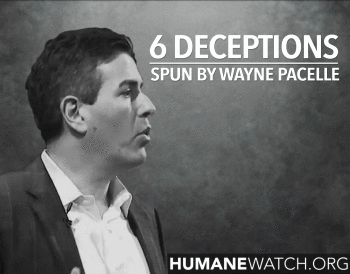In Africa, Hunting = Jobs, Boost to Local Economies...and Meat

Sustainable use hunting; an important wildlife management tool that works primarily because it places a value on species; a value that was quantified in a recent study.
The newly published study featured by Bloomberg Economics shows revenue generated by hunting tourism in eight African nations is an estimated $426 million annually. More than 18,000 tourists hunters visit Africa every year.
Immediate past President of SCI Foundation Joe Hosmer praised the study. Hosmer stated:
“This work demonstrates that hunting has a much more significant economic impact across southern and eastern Africa than previously thought.”
Included in the nearly half billion dollars of revenue generated by tourist hunters is the creation of some 53,000 jobs. From professional hunters, drivers, and trackers, to cooks, skinners, gardeners, maids, and laundry staff, hunting creates jobs in rural areas; jobs in areas that are often deep in rural Africa, too remote for viable agricultural or photographic operations.
Hunting creates a value in wildlife that changes an indigenous communities attitude towards living alongside wildlife. When buffalo or elephants move out of a national park or nature reserve to feed in a village maize field or upon domestic livestock, wildlife is a liability. However, when the locals share both in the money and meat generated by a tourist hunter, the same animal that was once competition with indigenous peoples becomes an asset.

Joe Hosmer put it another way. “In areas that are supported by revenue generated by hunting, we see fewer human-wildlife conflicts, more tolerance towards problematic or dangerous species, and less poaching.” Not surprisingly though, some disagree.
Though the Ricky Gervais, Bill Mahrs and Piers Morgans’ of the world gin up their legions of anonymous keyboard cowboys try to vilify hunters as arrogant plunderers of natural resources, scientifically-verified facts show tourist hunters are anything but. Sustainable use hunters create value in wildlife, create jobs, fund anti-poaching patrols, and provide healthy protein for thousands that often go without. And now there is a peer-reviewed study that proves it.





















